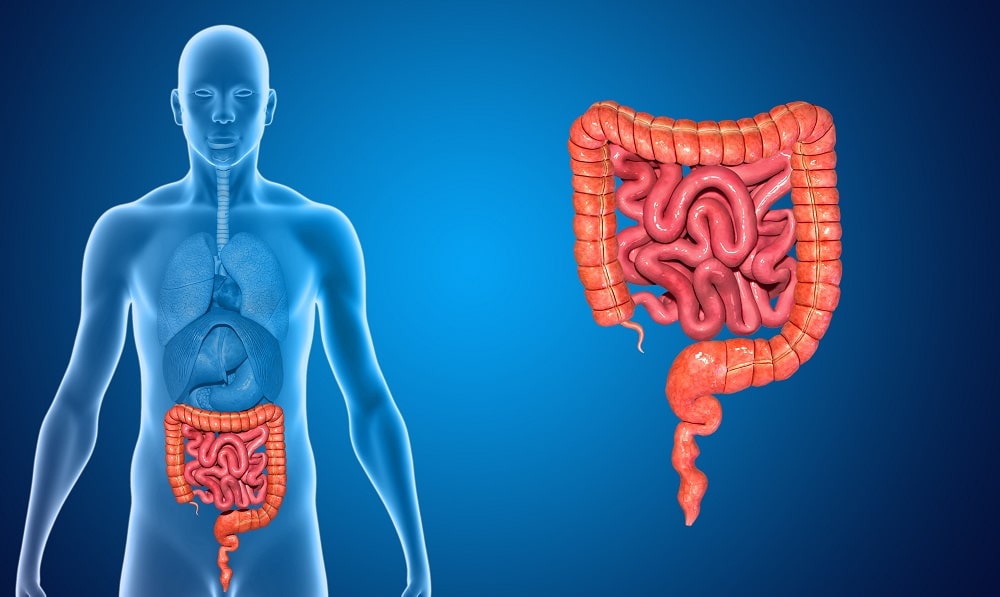Worms
Worms

INTESTINAL WORMS AND DEWORMING
GETTING INFECTED WITH WORMS
- Through the skin, often the feet or buttocks – infection with a hookworm or threadworm. 3,4
- Through ingesting infected water or unwashed food, or ingesting eggs from soil or the environment – the roundworm, whipworm, pinworm. Children often get infected when they play in contaminated sand/soil. 3
- Ingesting contaminated meat – tapeworm larvae burrow into the muscle of animals, such as cows, pigs and fish, which are eaten and can infect a human if the meat is undercooked or raw. 3,4
Getting infected is easier than you may think. In South Africa, treated sewage sludge is sold to farmers as fertiliser, allowed only when growing crops like cereal or grass; this sludge is not treated for worm eggs. If farmers decide to use this sludge as fertiliser for other crops like vegetables, fruit or other foods that are often eaten raw, it is possible that a person could be infected if the foods are not properly washed or cooked. 5

THE IMPACT THAT WORMS CAN HAVE ON A PERSON
- They experience growth stunting and diminished physical fitness.
- They may experience impaired memory and cognition.
- A combination of these effects may impair childhood educational performance and reduce school attendance.
Although the effects on growth are most pronounced in children with the heaviest infections, even light infections can contribute to growth deficits if the child is generally not eating a healthy, balanced diet. 7 Studies have also shown that children infected early in life and experience initial organ damage, can have no problems for years and only start experiencing problems later in life, even in adulthood. 8 Intestinal worms impair the nutritional status of most people they infect in multiple ways. 1
- The worms feed on host tissues and blood, which leads to a loss of iron and protein
- Hookworms can also cause chronic intestinal blood loss that can result in anaemia
- The worms increase malabsorption of nutrients, e.g. roundworm may possibly compete for vitamin A in the intestine.
- Some worms also cause loss of appetite and, therefore, a reduction of nutritional intake and physical fitness.
Iron deficiency aneamia due to worm infestation during pregnancy may cause premature birth, low birthweight and impaired lactation 7
SIGNS OF INFECTION AND HOW TO PREVENT IT
- Hand washing: Wash hands with soap and water before and after using the toilet. Wash hands before cooking or handling food, as well as having meals. Ensure that children also wash their hands properly and regularly. Keep fingernails short.
- Safe food practices: Thoroughly cook pork, beef, turkey, chicken and fish. Never eat undercooked or raw meats. Use separate cutting boards for meat and vegetables. Thoroughly wash and peel fruit or vegetables. Only use clean water.
- Additional protection: Keep toilet seats clean. Avoid swimming in sources of unclean water. Avoid walking barefoot in areas where contamination with stool is possible.
Medical References
- Soil transmitted helminth infections fact sheet. African Health Organisation. [Online] Accessed 28/06/2021. Available from https://www.aho.org/fact-sheets/soil-transmitted-helminth-infections-fact-sheet/.
- Soil-transmitted Helminths. Centres for Disease Control (CDC) [Online]. 27 October 2020. Accessed 28/06/2021. Available from https://www.cdc.gov/parasites/sth/index.html.
- Farrer F. Helminth infections – a review. Prof Nurs Today 2016;20(4):3-7.
- Lloyd AE, Honey BL, John BM, Condren M. Treatment Options and Considerations for Intestinal Helminthic Infections. Journal of Pharmacy Technology. 2014(30)4:130–139.
- Adams VJ, Markus MB, Adams JFA, et al. Paradoxical helminthiasis and giardiasis in Cape Town, South Africa: epidemiology and control. African Health Sciences 2005;5(2): 131-136.
- South Africa National Master Plan for the Elimination of Neglected Tropical Diseases (2019 – 2025) v1.3. Available from https://espen.afro.who.int/system/files/content/resources/South%20Africa%20NTD%20Master%20Plan%20v1.3.pdf
- Hotez PJ, Bundy DA, Beegle K, et al. Disease Control Priorities in Developing Countries. Chapter 24 – Helminth Infections: Soil-Transmitted Helminth Infections and Schistosomiasis. [Book] Available from https://researchonline.lshtm.ac.uk/id/eprint/13092/1/Disease%20Control%20Priorities%20in_GOLD%20VoR.pdf.
- Tchuem Tchuente LA. Control of soil-transmitted helminths in sub-Saharan Africa: Diagnosis, drug efficacy concerns and challenges. Acta Tropica 120S. 2011;S4– S11.
- Johnson J. Intestinal worms in humans and their symptoms. MedicalNewsToday [Online] Jan 8, 2020. Accessed 12/07/2021. Available from https://www.medicalnewstoday.com/articles/324042.
- Standard Treatment Guidelines and Essential Medicines List for South Africa – Primary Healthcare Level, 2020 Edition. Available from http://www.health.gov.za. Accessed 2022/03/07.
- Vermox HCP Claims Study. Study completed for Johnson & Johnson (PTY) LTD. Prepared by IPSOS, December 2021.
- World Health Organisation (WHO). Accessed 2020/04/20. Available at https://www.who.int/elena/titles/full_recommendations/deworming/en/.






